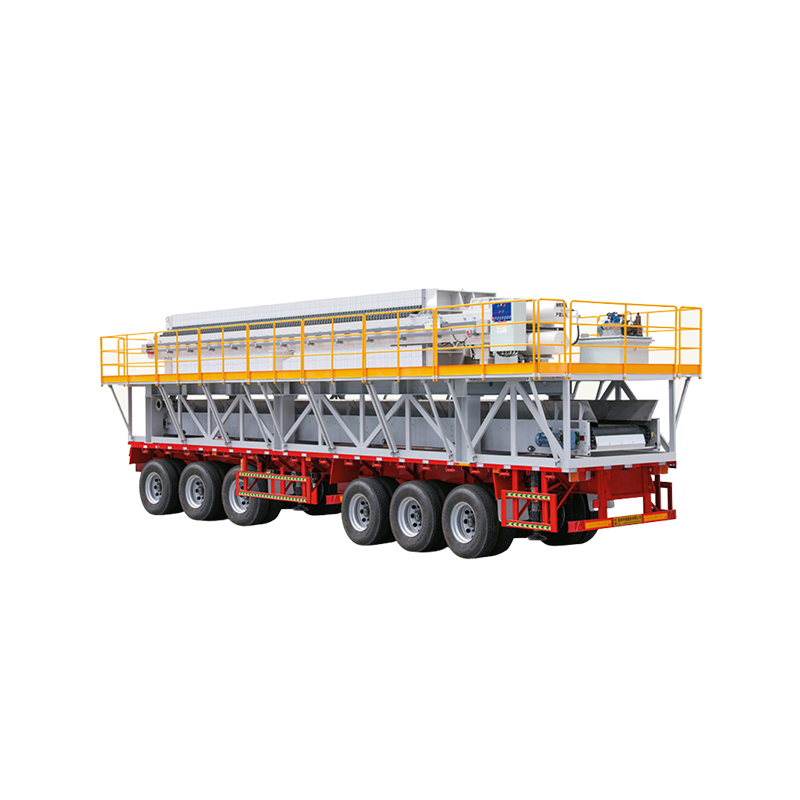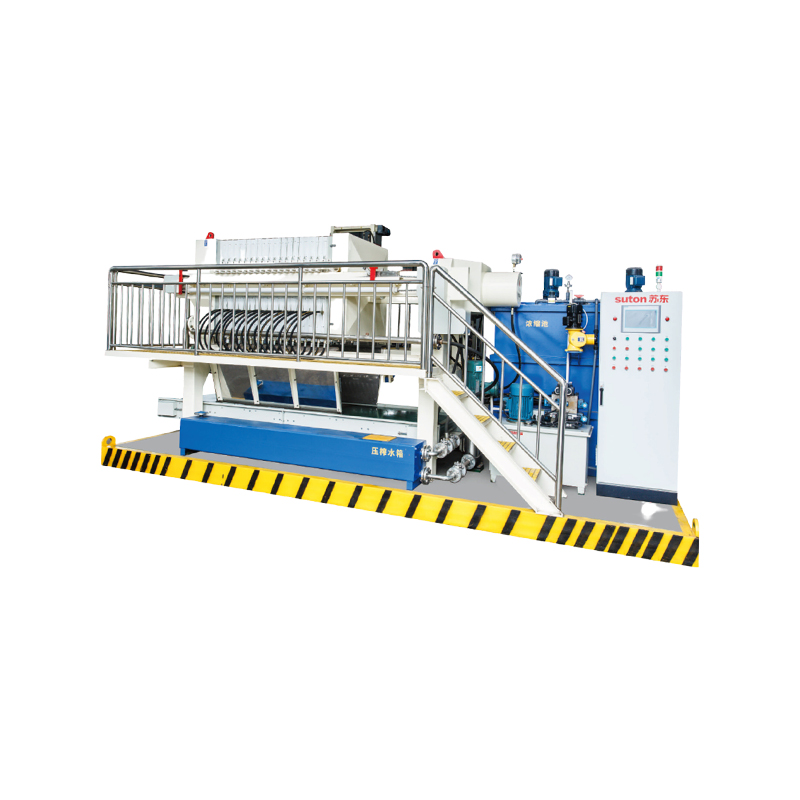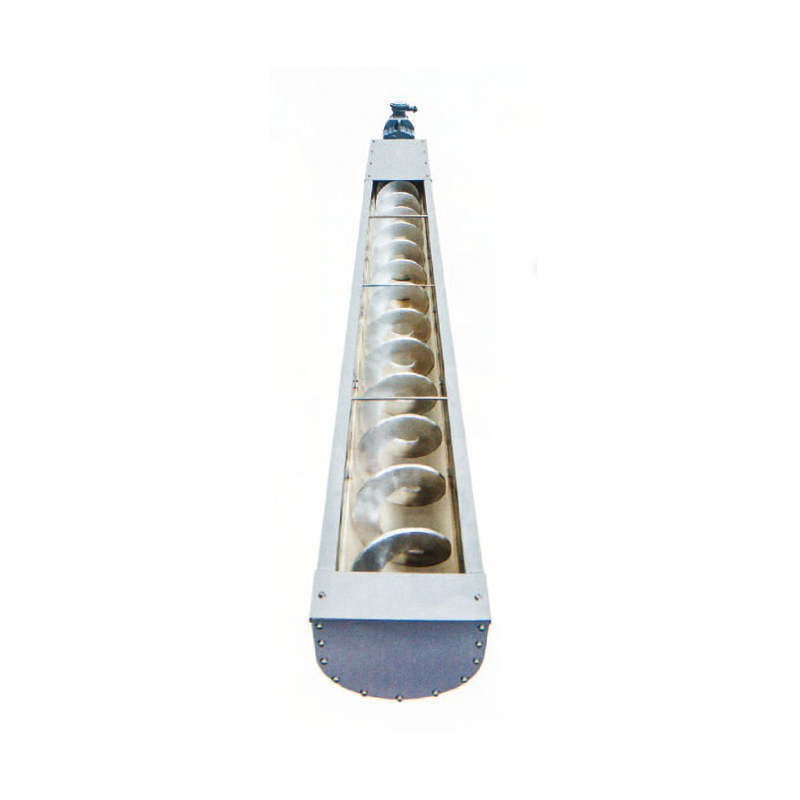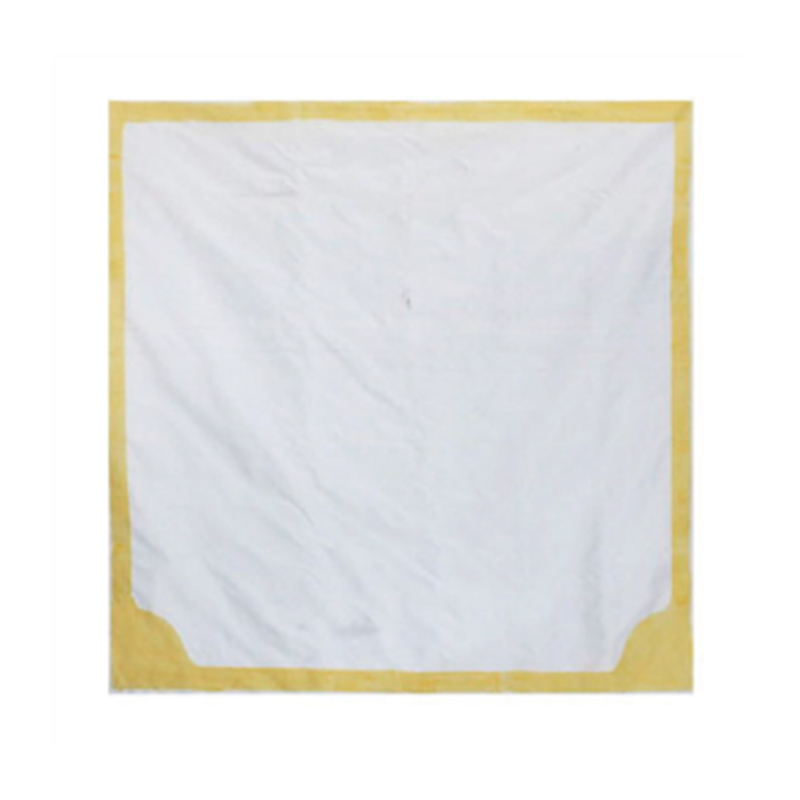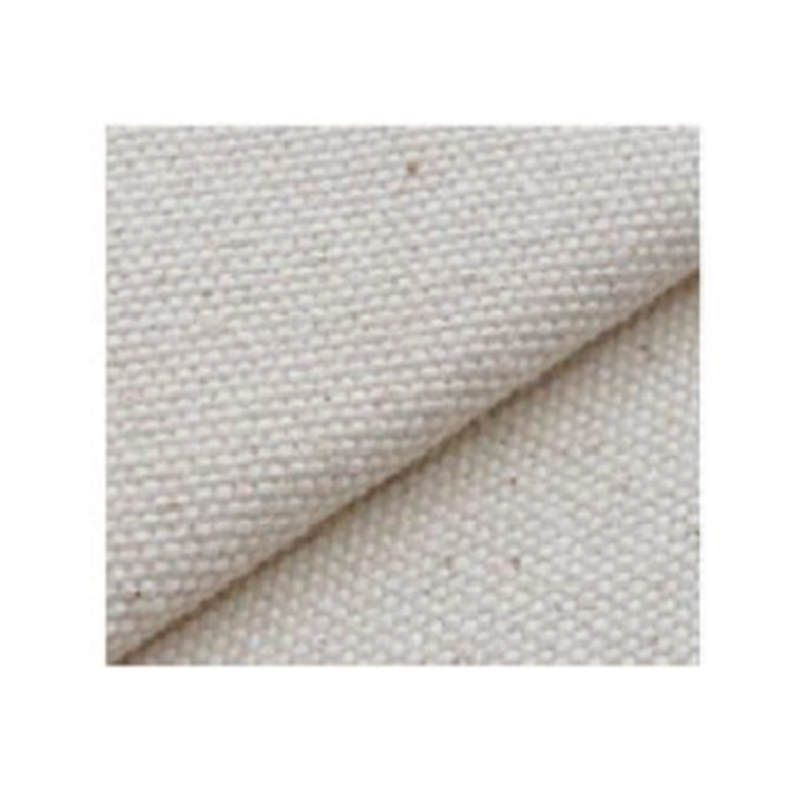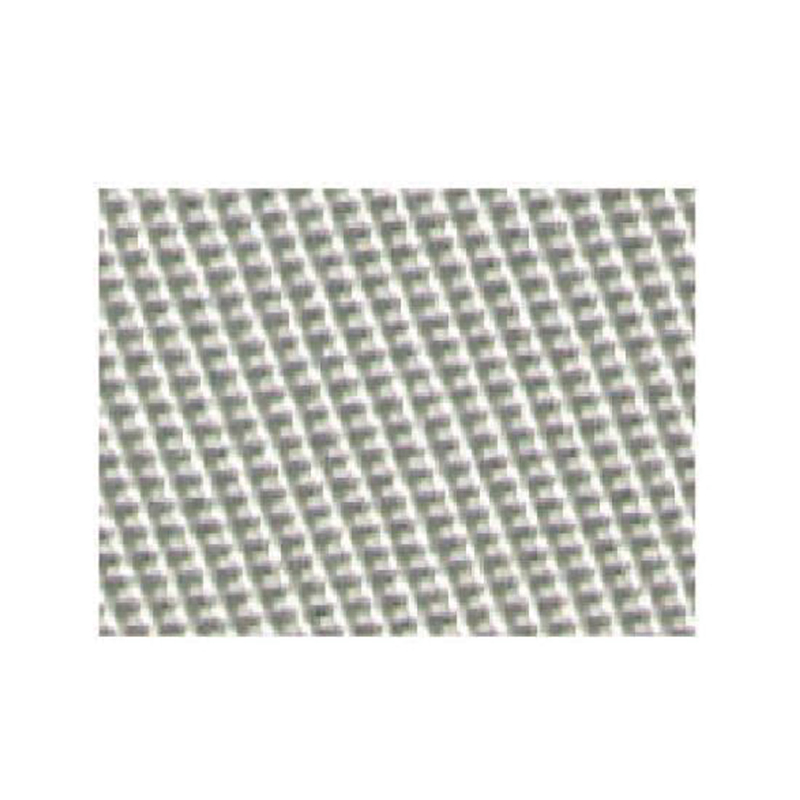Why Does Filter Press Cloth Offer Better Performance in Solid-Liquid Separation?
 2025.06.30
2025.06.30
 Industry News
Industry News
Filter press cloths play a pivotal role in the solid-liquid separation process, which is essential in various industries such as wastewater treatment, chemical processing, mining, and food production. These cloths are designed to deliver superior filtration performance, and their advantages stem from their unique structure, materials, and adaptability to different industrial conditions.
The most important factor contributing to the better performance of filter press cloths in solid-liquid separation is their optimized filtration efficiency. Filter press cloths are made from carefully selected materials with a fine and porous fabric structure. This structure ensures that solids are efficiently captured while allowing liquids to pass through with minimal resistance. The size and distribution of pores are precisely engineered to ensure that even fine particles are retained, which results in cleaner filtrates and higher overall filtration efficiency. This characteristic is particularly important in applications that require the separation of very fine particles from liquids, where other filtration methods may struggle.
In addition to their fine filtration capabilities, filter press cloths also feature a high flow capacity, which allows them to perform well under varying pressures and flow rates. Industrial filtration systems often operate under high-pressure conditions, especially when processing large volumes of liquid. Filter press cloths are designed to withstand these high pressures without compromising their structural integrity, ensuring that the filtration process remains efficient even in demanding situations. This high-flow capacity allows for continuous filtration, meaning that large volumes of liquid can be processed quickly, making the system more productive and less time-consuming.
Another key aspect of filter press cloths' superior performance is their ability to promote the formation of a well-structured filter cake. The filter cake plays an important role in the filtration process as it forms an additional layer that further improves the quality of the filtrate. As the filtration progresses, solids accumulate on the surface of the cloth, creating a dense filter cake that traps even finer particles. The cloth's design encourages the formation of a stable and uniform filter cake, ensuring that the separation process is not compromised by the clogging or uneven buildup of solids.
Durability is another critical factor that makes filter press cloths a preferred choice for solid-liquid separation. These cloths are made from high-quality materials such as polyester, polypropylene, or polyamide, which offer excellent resistance to wear, high pressures, and harsh chemicals. This durability allows filter press cloths to maintain their effectiveness over extended periods of use, reducing the need for frequent replacements. The extended service life of these cloths also reduces maintenance downtime, ensuring that the filtration system operates smoothly without interruptions. This reliability is particularly important in industries where continuous operation is essential.
Filter press cloths are also highly customizable, allowing them to be tailored to meet the specific requirements of different filtration applications. Different industries and filtration processes have varying needs in terms of filtration precision. For instance, some applications require very fine filtration, while others may only require the removal of larger particles. Filter press cloths can be adjusted in terms of fabric material, weave pattern, and permeability to optimize their performance for each application. This customization makes them versatile, capable of handling diverse solid-liquid separation tasks, whether in delicate food production processes or in more robust chemical or mining operations.
The overall performance of a filtration system can be greatly enhanced by the use of filter press cloths, as they contribute to reducing operational costs. Because they improve filtration efficiency, extend service life, and reduce the need for frequent replacements, they help lower the overall cost of operation. Fewer maintenance interventions are required, and the system can run at peak efficiency for longer periods, increasing the overall return on investment for the filtration system.
Filter press cloths are designed with specific surface characteristics, such as smooth or textured finishes, that further enhance their ability to retain solids during the filtration process. A well-designed surface ensures that the filter cloth captures solids more effectively, preventing them from being washed away by the liquid. This makes it easier to achieve high-quality separation and results in clearer, purer filtrates, which is essential for meeting strict regulatory standards or product quality specifications.

 English
English Español
Español हिंदी
हिंदी Tiếng Việt
Tiếng Việt


